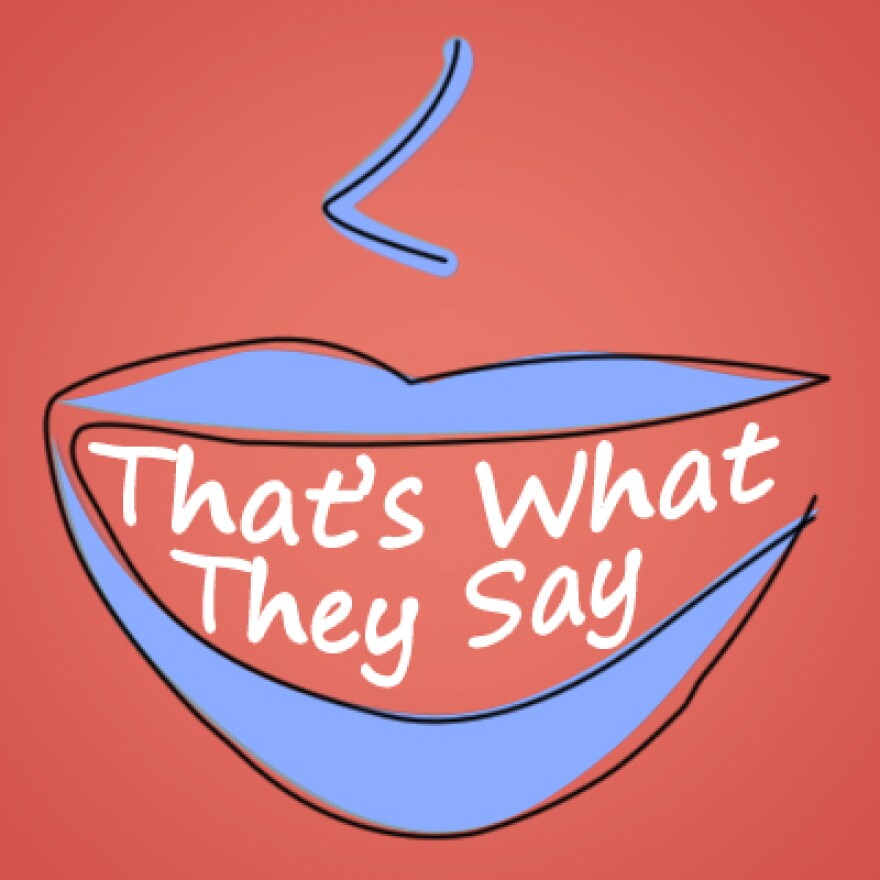We may think there is a “t” sound in the word hearty, as in hearty welcome, but in fact, for most of us, there isn’t.
On this week’s edition of That’s What They Say, Host Rina Miller and University of Michigan English Professor Anne Curzan discuss some surprising homophones, or words that sound the same but are spelled differently.
The expression party hearty originally had a “t,” but it also became understood as party hardy. Nowadays, both words can be used.
“One of the issues is that hearty with a “t” and hardy with a “d” sure sound a lot alike when you say them,” Curzan describes. But why do these words sound similar?
These words are homophones because of the alveolar flap, a sound made when a tongue hits the alveolar ridge.
“The alveolar ridge is the ridge behind your top teeth,” Curzan explains. “When you make the sound ‘tuh’ or ‘duh,’ your tongue hits that ridge.”
However, words like hearty are not pronounced with a distinct “t” like heart-ty. Instead, there is a flap or a tap—the tongue hits the alveolar ridge quickly without stopping the air, creating the alveolar flap sound which is the same for “t” and “d” words.
Still, some words with an alveolar flap are slightly different due to their vowel length. While liter and leader sound similar, leader is pronounced longer.
Conversely, speakers do not always agree on when to use an alveolar flap. With the word Seattle, most American English speakers include an alveolar flap. Yet, British English speakers may say Seat-tle, emphasizing the “t” sound. This pronunciation includes a glottal stop, which is when the air is cut off.
Although this pronunciation of Seattle may sound strange to some speakers, American English has glottal stops as well, including in the words mitten and uh-oh.
What are your favorite words with an alveolar flap? Let us know by writing on our Facebook wall or commenting on our website!
-Clare Toeniskoetter, Michigan Radio Newsroom




